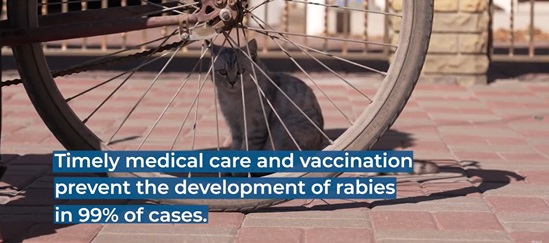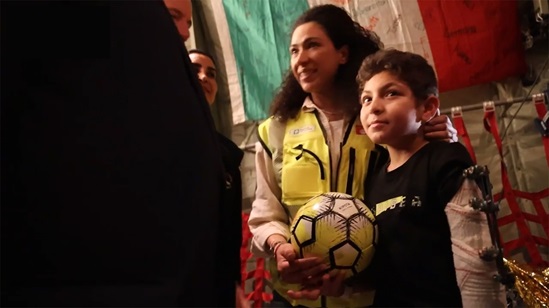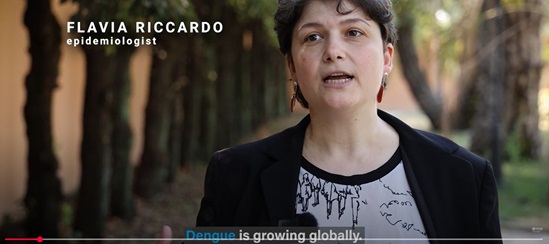Conducting International Health Regulations simulation exercises
Recommended every year
Simulation exercises are an important and integral part of emergency preparedness. They aim to train or monitor and evaluate existing capacities through the simulation of an evolving emergency. They help identify and address gaps in response capacities before an actual emergency occurs by enabling people to practice their roles and functions, and to gain experience in simulated emergency settings.
Simulation exercises range from discussion to improve existing plans to practicing all or specific parts of the response plan, with or without the involvement of partners.
In the WHO European Region, a few countries have conducted simulation exercises. Armenia, for example, conducted full-scale field exercises that included training on emergency risk communications, preparedness for an outbreak of avian influenza and a test of the emergency risk communications procedures. Turkmenistan conducted several simulation exercises to increase its preparedness for emergency related to mass gathering events, in connection with the hosting of the Asian Indoor Games in 2017.
WHO support and tools
WHO supports countries in developing and conducting simulation exercises. A WHO manual provides an overview of the different simulation exercise tools and guidelines.
The benefits of a simulation exercise
- Testing systems in a safe environment.
- Finding out if something doesn’t work as planned at a time when no lives are in danger.
- Saving money: the United Nations Development Programme (UNDP) estimated that for each dollar spent on preparedness, 7 dollars are saved on average in the response.









